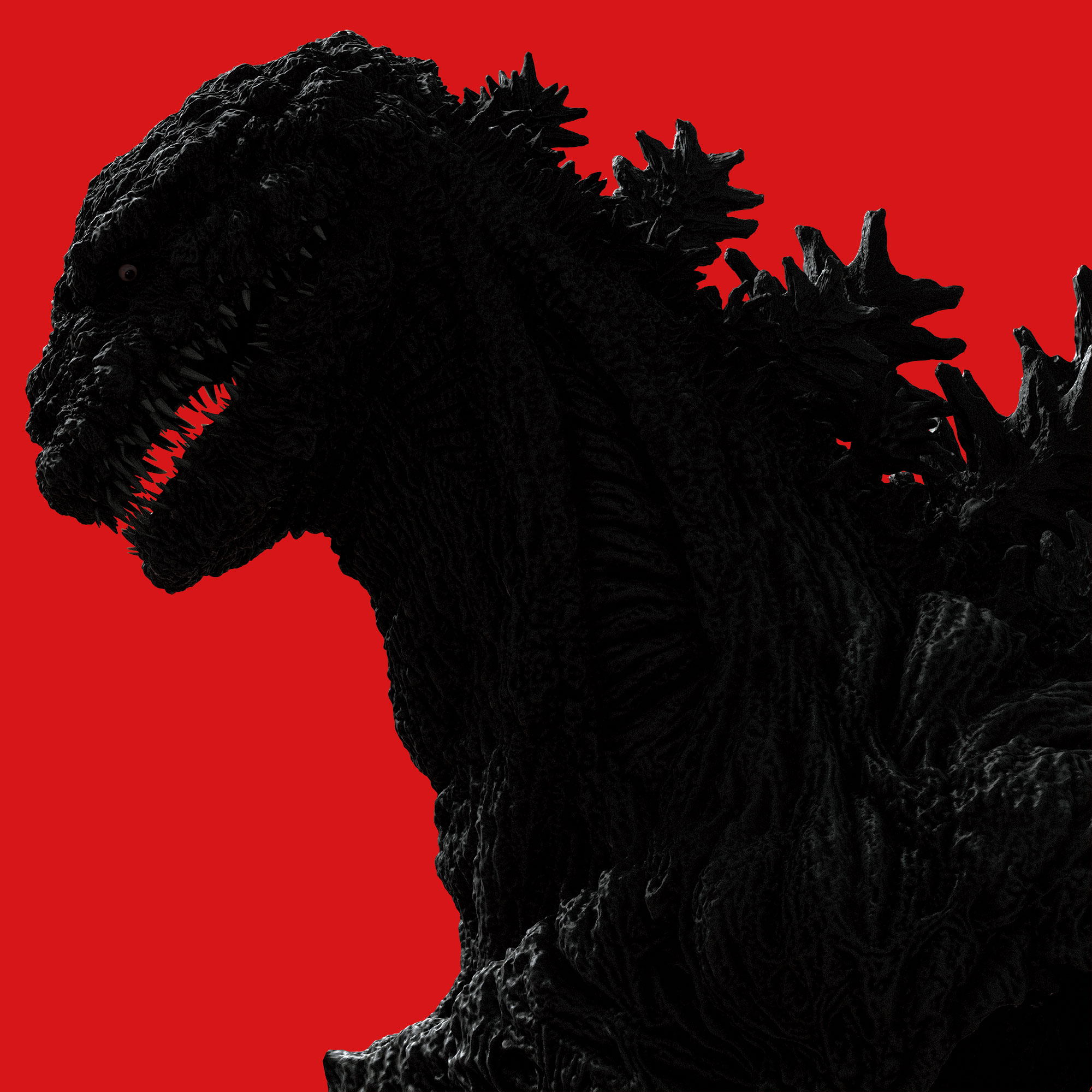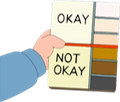On this day in 2012, the Marikana Massacre took place when South African police fired on striking workers, killing 34 and injuring 76 in the most lethal use of force by the state in half a century.
The shootings have been compared to the infamous Sharpeville Massacre in 1960, when police fired on a crowd of anti-Pass Law protesters, killing 69 people, including 10 children. The Marikana Massacre took place on the 25-year anniversary of a nationwide strike by over 300,000 South African workers.
On August 10th, miners had initiated a wildcat strike at a site owned by Lonmin in the Marikana area, close to Rustenburg, South Africa. Although ten people (mostly workers) had been killed before August 16th, it was on that day that an elite force from the South African Police Service fired into a crowd of strikers with rifles, killing 34 and injuring 76.
After surveying the aftermath of the violence, photojournalist Greg Marinovich concluded that “[it is clear] that heavily armed police hunted down and killed the miners in cold blood.”
Following the massacre, a massive wave of strikes occurred across the South African mining sector - in early October, analysts estimated that approximately 75,000 miners were on strike from various gold and platinum mines and companies across South Africa, most of them doing so illegally.
A year after the Marikana Massacre, author Benjamin Fogel wrote “Perhaps the most important lesson of Marikana is that the state can gun down dozens of black workers with little or no backlash from ‘civil society’, the judicial system or from within the institutions that supposedly form the bedrock of democracy.”
Megathreads and spaces to hang out:
- ❤️ Come listen to music and Watch movies with your fellow Hexbears nerd, in Cy.tube
- 💖 Come talk in the New Weekly Queer thread
- 💛 Read and talk about a current topics in the News Megathread
- ⭐️ August Movie Nominations ⭐️
reminders:
- 💚 You nerds can join specific comms to see posts about all sorts of topics
- 💙 Hexbear’s algorithm prioritizes comments over upbears
- 💜 Sorting by new you nerd
- 🌈 If you ever want to make your own megathread, you can reserve a spot here nerd
- 🐶 Join the unofficial Hexbear-adjacent Mastodon instance toots.matapacos.dog
Links To Resources (Aid and Theory):
Aid:
Theory:


I’m sorry but the Anfal campaigns were genocide. The gassings alone were not genocide by themselves, it’s about intent. The actions of the Iraqi government were provably dedicated to the physical destruction of a large part of the Kurdish people, particularly those involved with the (large) Barzani (neo-)tribal federation. Particularly wrt the Barzanis ( a distinct social group such that it would meet any reasonable social-scientific definition of a potential target group for genocide) were quite literally exterminated. They were driven out to the desert and shot.
As well as that Kurds were systematically and systemically either shot or put into detention camps where they were deprived of the conditions for life, particularly in disputed areas. The only reason more didn’t die is because Kurdish Peshmerga stopped them and then the no fly zone was implemented and Iraqi forces could no longer launch offensives into Kurdish territory.
It wasn’t just 3,000 who died in the Anfal campaigns, it was perhaps up to 100,000! Not that this matters anyway, as the number of deaths doesn’t make a genocide. “Only” around 4,000 are confirmed to have died in the Yazidi Genocide (a few thousand more missing, dead or enslaved somewhere) yet it was still undisputedly genocide, and the perpetrators openly boasted of it as such.
No, I don’t think the US is some moral actor btw, I am not defending the original poster who I disagreed with on the thread, but it is very wrong to downplay the Anfal like that. The invasion of Iraq was wrong, but that doesn’t change the fact that Saddam’s government was utterly heinous.
Listen, I’m not going to start spouting off about critical support for the Baathist party or anything. But don’t accuse me of diminishing anything. The poster specifically spoke of the chemical attack as a genocide. All I did was take the wikipedia number and compare their rhetoric and rationalizations with a number four orders of magnitude larger.
with a number four orders of magnitude larger.
Ah sorry if I misunderstood. That’s my bad.
No, not at all. I probably should have done more due diligence educating myself on the context of those events. I’ve been thinking about it for the last ten minutes or so and I can talk myself into holding the principle that war crimes wedded to genocidal acts in the same campaign can be considered a part of that genocide. Just because I’m focusing on a single event, I’m not absolved of responsibility for how I represent events. Knowing how they fit into a larger picture isn’t something that should ever be ignored.
Thank you for doing me a service and checking me